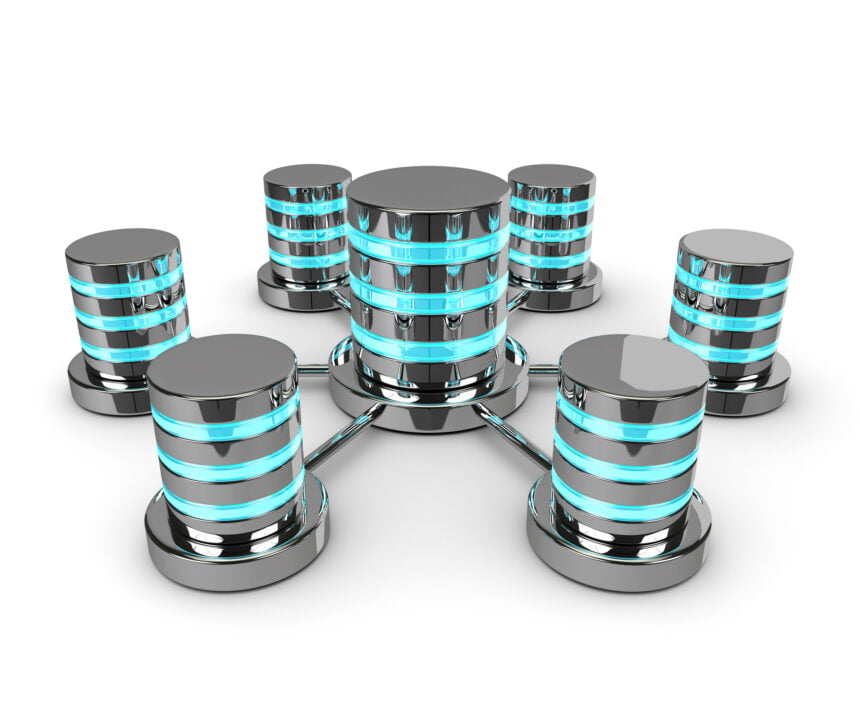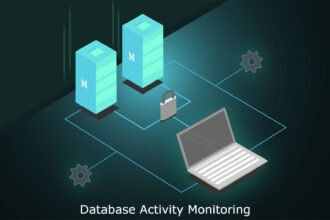A growing number of companies are discovering the benefits of investing in big data technology. Companies around the world spent over $160 billion on big data technology last year and that figure is projected to grow 11% a year for the foreseeable future.
Unfortunately, big data technology is not without its challenges. One of the problems companies face is trying to setup a database that will be able to handle the large quantity of data that they need to manage.
There are a number of solutions that can help companies manage their databases. They don’t even necessarily need to understand NoSQL to manage their databases. DynamoDB and MongoDB are both serverless services that are fully managed so you don’t have to deal with updates, maintenance, or paying for hardware, but they have significant differences. They also have similarities, which makes it a bit challenging to know which one is best for your needs.
Let’s compare the similarities and differences between these two solutions so you can make the right choice for your needs.
Where Can You Run Them?
MongoDB and DynamoDB differ in the freedom they provide to run them. You can only deploy DynamoDB on Amazon Web Services (AWS), and it does not support on-premise deployments. With DynamoDB, you are essentially locked into AWS as your cloud provider. MongoDB is deployable anywhere, and the MongoDB Atlas database-as-a-service can be deployed on AWS, Azure, and Google Cloud Platform (GCP). It is compatible with a laptop to mainframe and on-premise through a hybrid cloud. You can also easily monitor these databases.
What Are Their Ranges of Data Models?
MongoDB has a wider range of datatypes than DynamoDB, even though both databases can store binary data. DynamoDB is limited to 400KB for documents and MongoDB can support up to 16MB file sizes. DynamoDB also lacks a date type and is primarily a key-value store. With MongoDB, you get a wider variety of use cases such as geospatial queries, graph traversals, and more.
How Much Do They Cost?
There is no straight answer for this for either solution because you need to use their pricing calculators to input the various factors that influence the cost. Both have free tiers so you can see if they work for your particular use cases, but for most large-scale applications, MongoDB typically ends up being cheaper. Your MongoDB service cost is calculated based on your storage and cloud provider. Your DynamoDB cost factors in if you need it provisioned or on-demand, how much data storage you need, the number of reads and writes required, and backup needs.
What Are Their Backup Capabilities?
The two systems are relatively similar when it comes to backup. MongoDB offers on-demand, continuous backups — as does DynamoDB. But MongoDB also offers filesystem snapshot backups and queryable backups. You don’t get queryable backup on DynamoDB and you might need to manually recreate many configurations that are not backed up.
How Secure Are They?
DynamoDB is generally considered to be the more secure of the two — with the full power of AWS’ security measures behind it. DynamoDB integrates with AWS security services so you can use your own encryption keys, which you can do as well on MongoDB using the key management system available on whatever cloud provider you utilize. But MongoDB installs with authentication off as its default, which has led to data loss for some users. You have to activate security by enabling user authentication with usernames and passwords, while all data in DynamoDB is encrypted at rest and in transit.
What is Indexing Like?
On MongoDB, there is no extra cost to index your data, and it’s easy to develop against the system. Indexes are consistent with underlying data, and you can define secondary indexes on any field at any time. DynamoDB is a bit more limited and complicated to manage as indexes are sized, billed, and provisioned separately from your data. Applications might end up handling stale data as global secondary indexes (GSIs) be inconsistent with underlying data. For these reasons, your data integrity in MongoDB is more strongly consistent than in DynamoDB.
Decide Which Database is Right for You
If you have questions about how to eliminate data pain points in your organization and how to unlock all the information you need from your databases, apps, and files, consider a comprehensive enterprise solution for your complex data needs.









